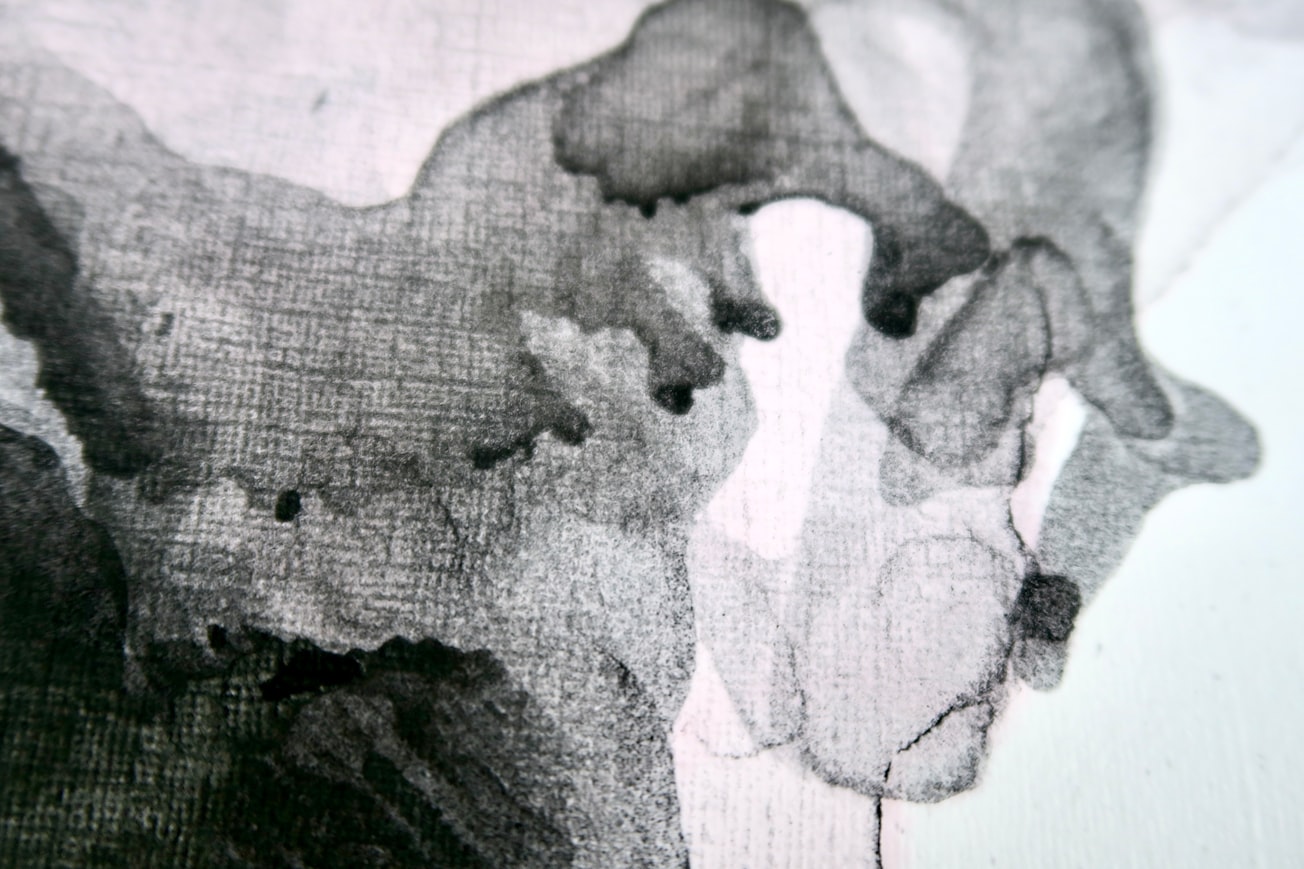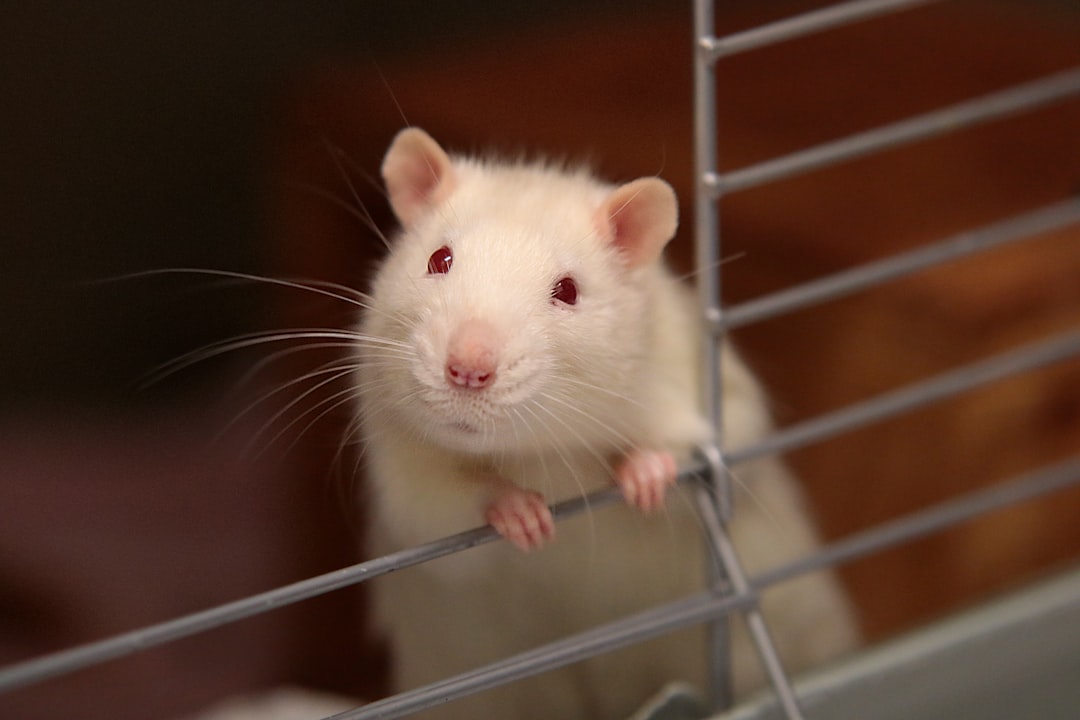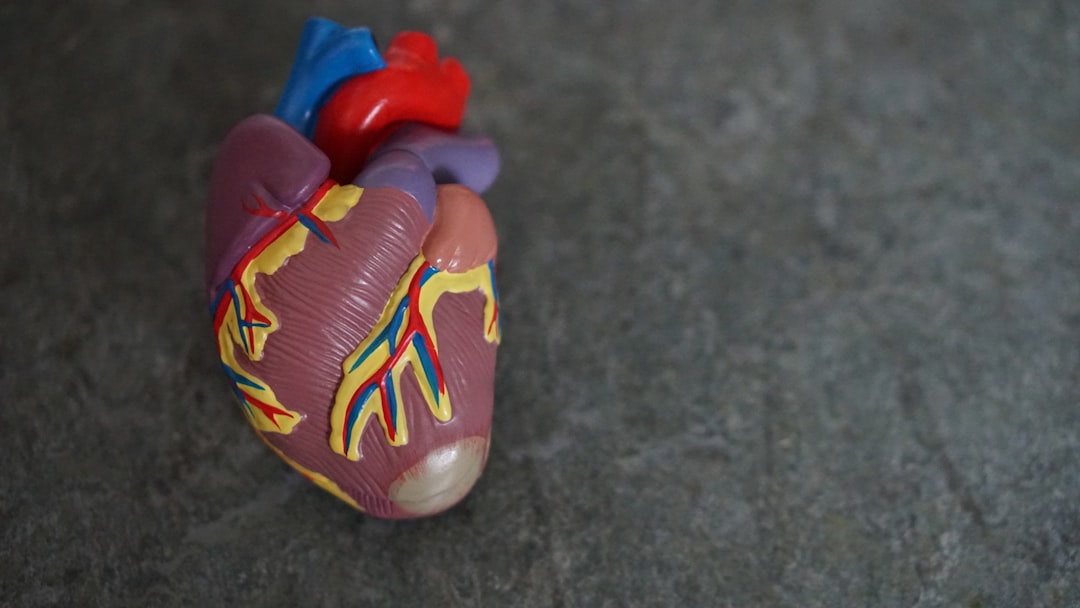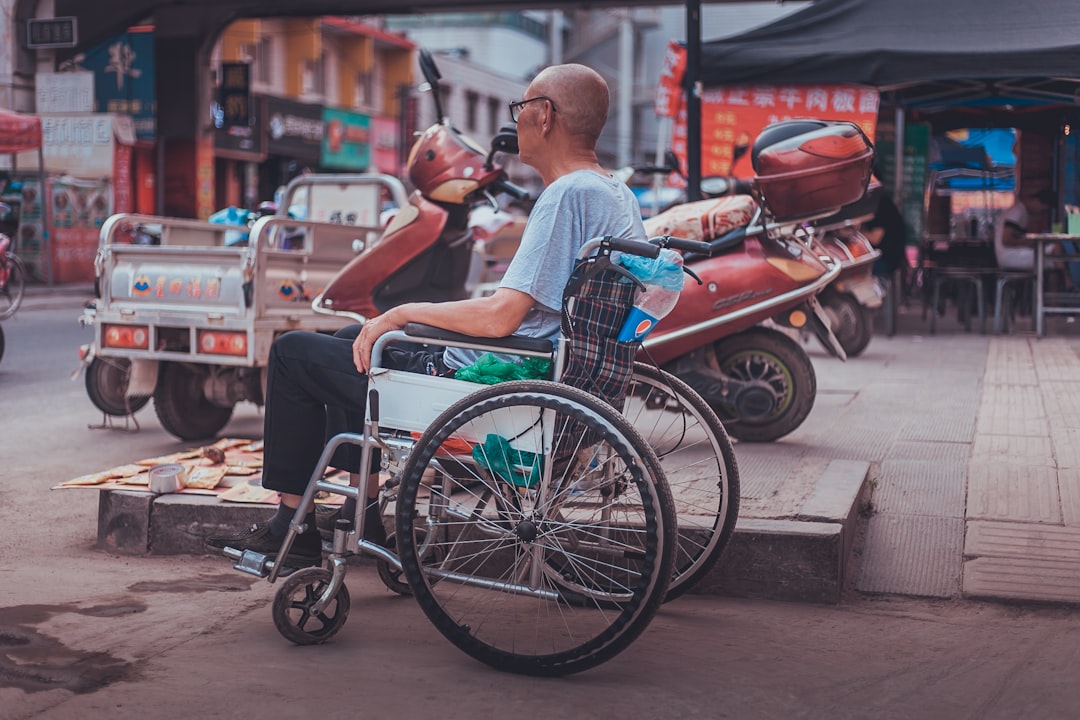What is it about?
This article is an attempt to explore, through psychoanalytic perspectives, the relational making of a sense of ‘home’ in the lives of female domestic workers in India - those who have navigated multiple layers of homelessness over their precarious journeys, including the homelessness of gender, and the homelessness of geographical displacement, both of which are created by cultural and political realities. It proposes an understanding of how these distinct forms of being dislocated, removed from a secure sense of ‘place’, interact with each other in the multidirectional complexity of subjective experience.
Featured Image

Photo by FÍA YANG on Unsplash
Why is it important?
Despite forming the affective core of the human experience of displacement, the sense of 'home' remains relatively underexplored in psychological discourses in its own right. Moreover, in the theme of 'home', one finds the interplay of 'inner' and 'outer' worlds and the way in which they impact one another in the creation of lived experience - and exploring this interplay in new ways allows one to expand the inroads leading towards the field broadly known as 'psychosocial studies'. Importantly, it has been noted that there is a dearth of literature dealing with the specific experiences of displacement lived by certain marginalized groups, and this research seeks to make a modest contribution to overcome this structurally enforced absence in representation.
Perspectives
Who can feel at home? Where can one feel at home? How can one feel at home? These are deceptively simple questions of immense psychological and political importance, and this article marks the beginning of my engagement with them.
Ekta Srivastava
University of Essex
Read the Original
This page is a summary of: Home in border crossings: A psychoanalytic study of dislocations in the lives of female domestic workers., Psychoanalytic Psychology, October 2022, American Psychological Association (APA),
DOI: 10.1037/pap0000404.
You can read the full text:
Contributors
The following have contributed to this page










